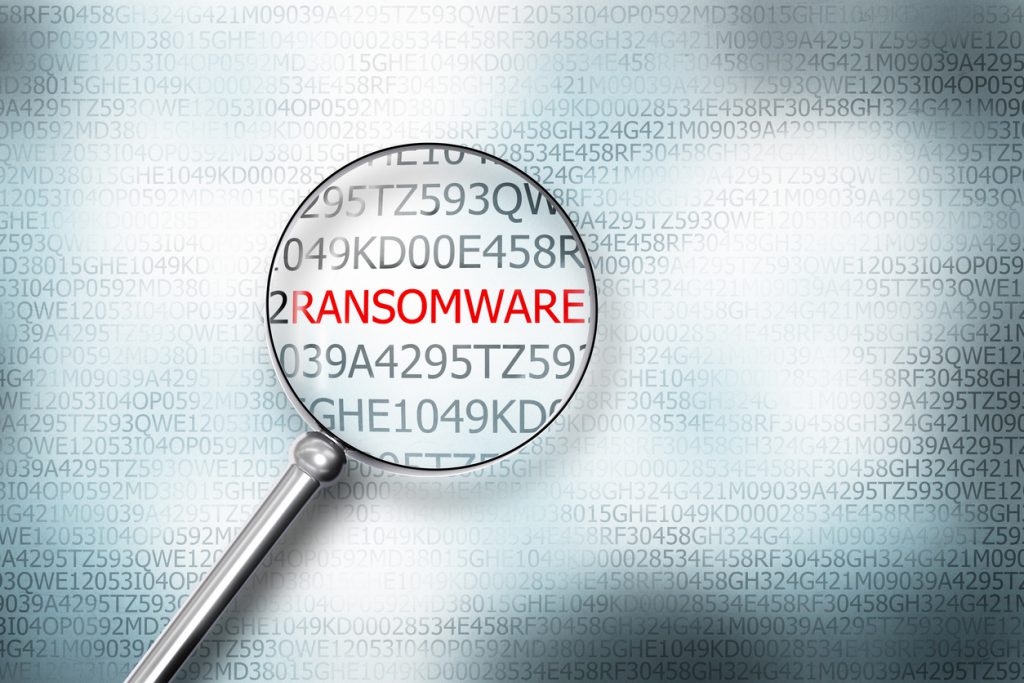2 Cybersecurity Tips for Law Firms in 2020
Limit Access to Your
Network and Data

Your law firm's network traffic should be segmented to limit
network access and prevent access between network segments. Follow the
"principle of of least privilege" (POLP) to guarantee that
administrators access is only granted to the individuals who completely need
it. What's more, guarantee that all law firm faculty accessing servers and
email messages are routinely leading virus scans on their individual devices.
Click here to know more about System administrator daily duties & WFH Services
You can also limit access using client certificates, or what
is known as personal authentication certificates (PACs). Conventional SSL
certificates are helpful for authenticating a server to a client (a client's
internet browser). PACs work the opposite way: They verify the client to the
server. Thus, if a client who comes up short on the right permissions attempts
to access the server and its information, their access is denied.
Conduct Routine Data
Backups and Maintenance
In a perfect world, your law firm should have the fitting
reinforcements to reestablish stolen information. Having these backups may take
out the need to pay to recover data in case of a ransomware attack. Likewise,
one of the most widely recognized ways malware makes it into a law firm's site
is all out-of-date plugins.
To prevent this, ensure your firm is consistently refreshing
its WordPress usernames and passwords and keep your WordPress, PHP coding, and
plugins up-to-date. Additionally, if you maintain different domains, buy
day-to-day backups for every individual domain.
Some hosting providers incorporate day by day backups of
your whole server. The issue with backing up the whole server as a whole is
that if a malware attack happens, you will be required to restore all of your
websites on that server back to the time of that backup – making you lose work
that has been done on different websites on the server that might not have been
affected. Having an individually alternative to restore any one site that may
have been tainted is considerably more proficient than returning to the clock
on all of your websites.
Comments
Post a Comment